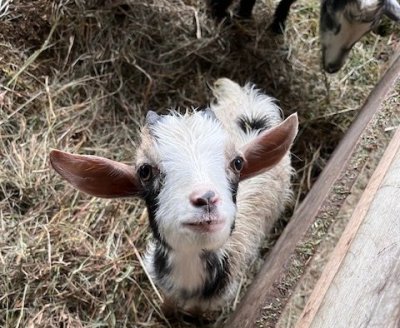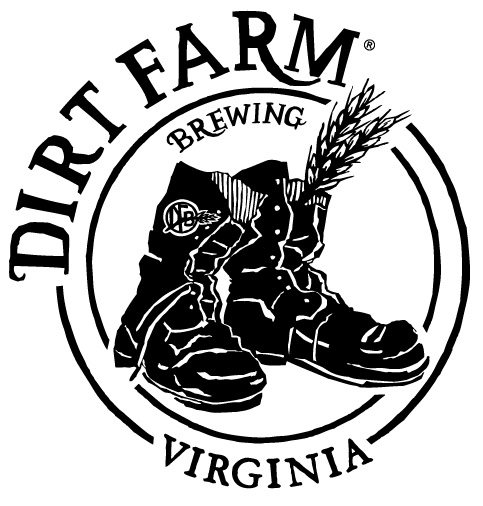Three take-aways from the Intelligence Squared debate on GMOs: 1. Thirty-six years from now, we’re going to need twice as much food as we produce today, Robert Fraley said, repeatedly. […]
What to Feed the World?
American industrial agriculture may be standing in the way of international cooperation. “In the United States, they put anything in their mouths,” Jean Cabaret, an organic farmer who lives in […]


